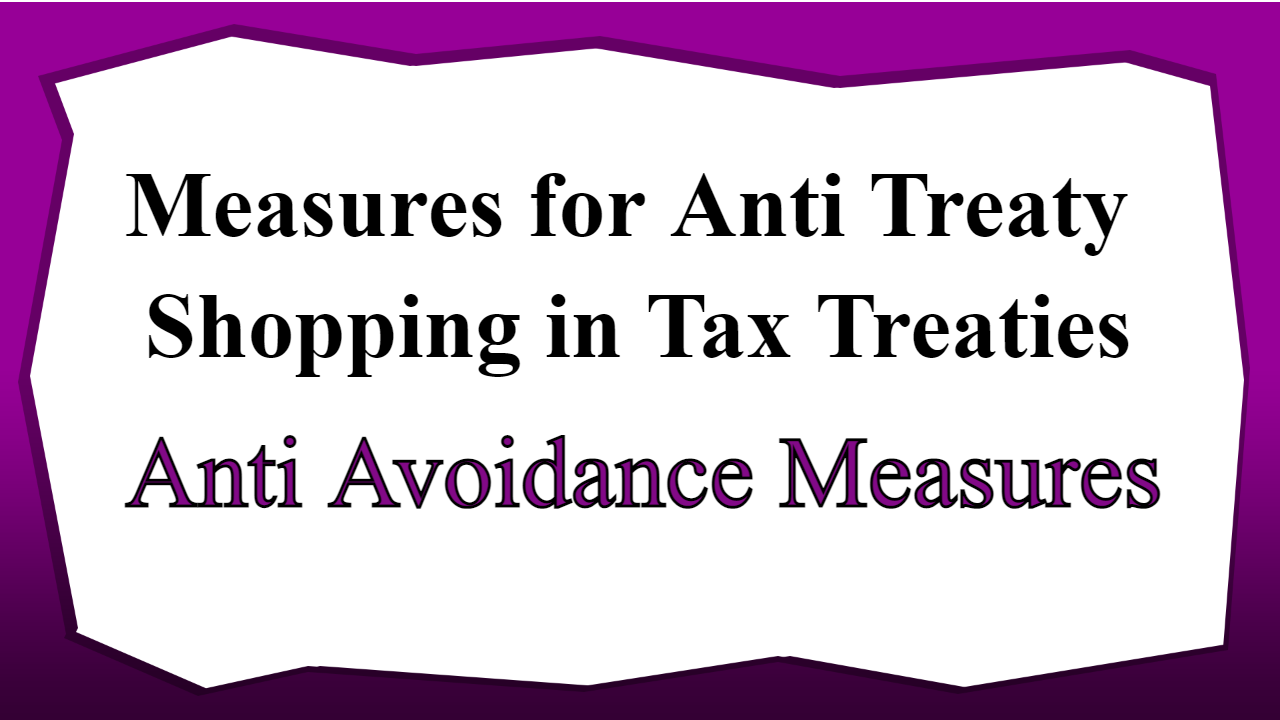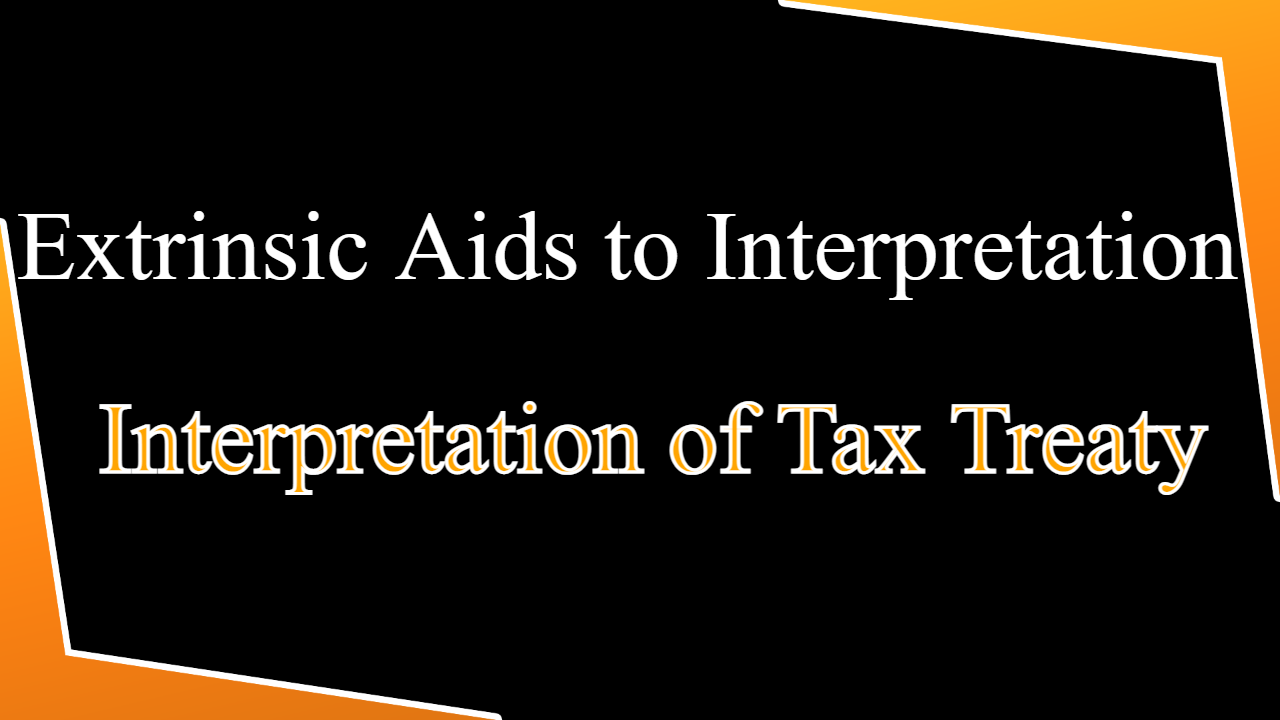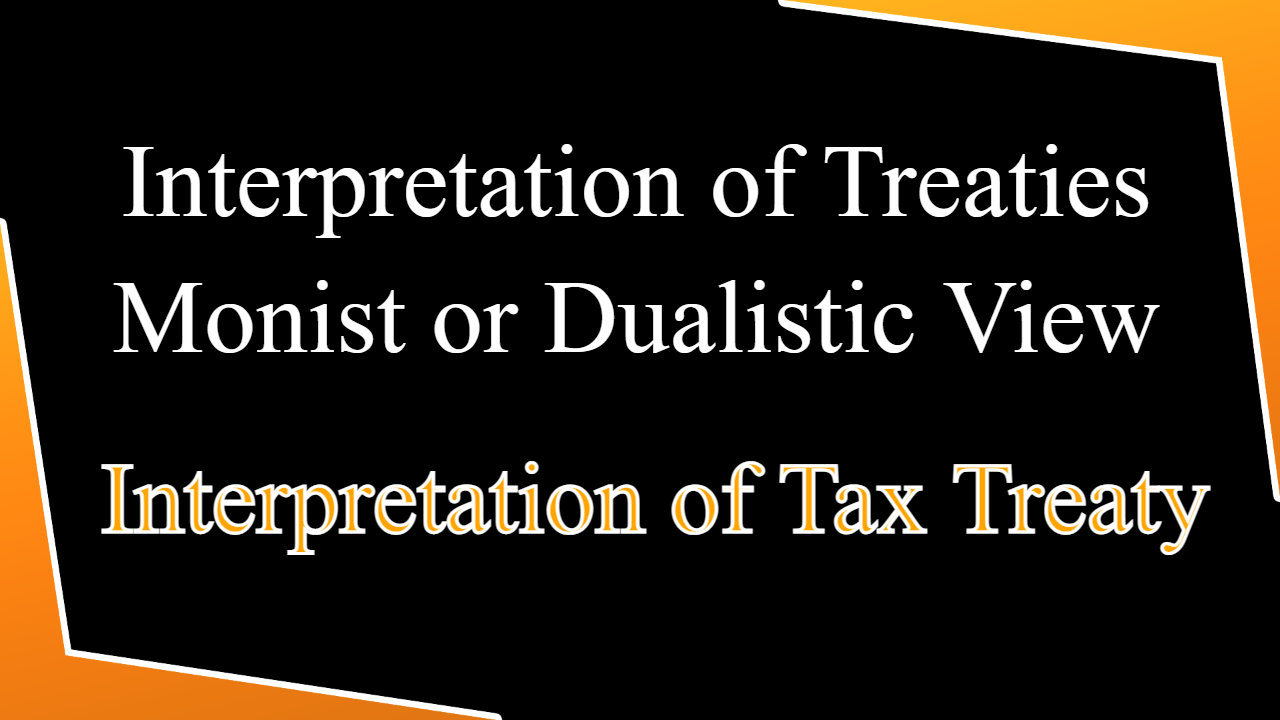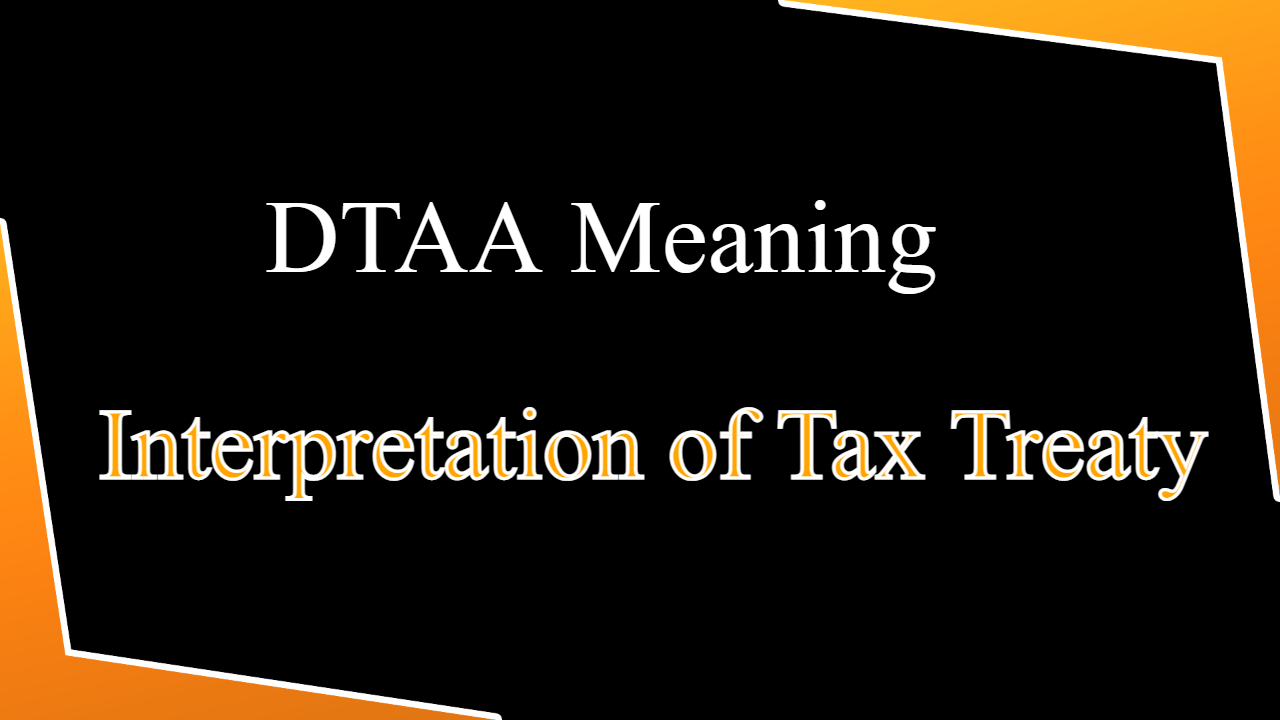Base Erosion and Profit Shifting
Base Erosion and Profit Shifting – Meaning Base Erosion and Profit Shifting (“BEPS”) strategies, take advantage of gaps between tax systems of various countries to achieve double non-taxation (not taxed in either of the countries) or very low taxation. Every country levies Corporate tax, under its domestic tax laws, which may be different in different … Read more





